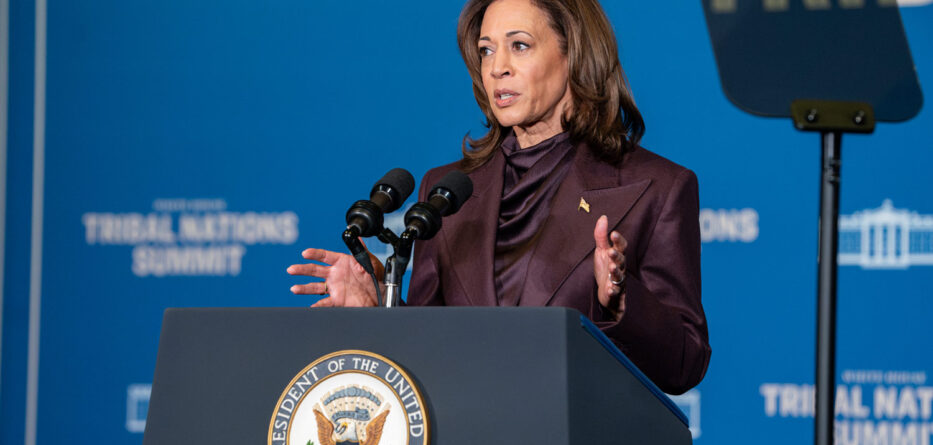Despite having lost the November 2024 presidential election against Donald Trump, Kamala Harris this week gave a lesson in democracy by leading the election certification of Donald Trump’s legitimate victory.
“I do believe very strongly that America’s democracy is only as strong as our willingness to fight for, every single person, their willingness to fight for and respect the importance of our democracy. Otherwise, it is very fragile, and it will not be able to withstand moments of crisis,” Harris said. “And today, America’s democracy stood.”
The formal qualification of Donald Trump’s victory took place exactly 4 years after he, still as president of the United States, incited a mob of supporters to raid the headquarters of Congress to derail Joe Biden’s qualification.
Unlike Trump himself, who in 2020 rejected Biden’s victory, claiming non-existent electoral fraud, Biden and Harris acknowledged Trump’s victory and carried out an exemplary peaceful transition of power.
It is a principle that not only guarantees political and social stability, but also strengthens citizens’ trust in democratic institutions.
In the context of an election, the rating of its success is not only measured by citizen participation, but also by the way the transfer of leadership is handled.
The history of the United States is full of examples of peaceful transitions, even in times of political tension and ideological divisions. Since the transfer of power between John Adams and Thomas Jefferson in 1801, there was a peaceful change despite their deep differences.
This act symbolizes the country’s ability to prioritize the national interest over partisan interests.
However, this principle is not automatically guaranteed. It requires the continued commitment of all political and social actors. The legitimacy of the electoral process is tied to the acceptance of the results by candidates and their supporters.
Questioning the results without clear evidence or fostering distrust in the electoral system can erode democracy and open the door to instability.
Citizen participation plays a crucial role. An informed and engaged electorate strengthens the legitimacy of any transition.
It is the responsibility of everyone – rulers, institutions, and citizens – to protect and promote this value. In every election, the country has the opportunity to reaffirm its commitment to democracy and send an unequivocal message of unity of purpose to future generations.





